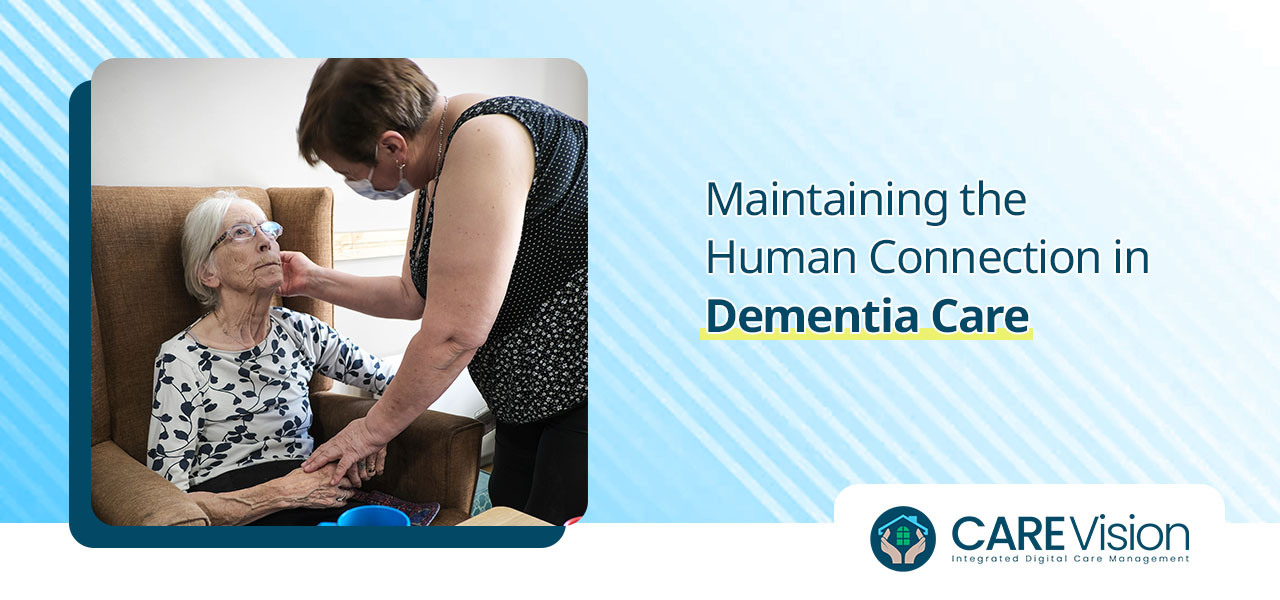Loneliness can be a big problem for older people, even those who live in a care home surrounded by staff and other residents. Having few or no social interactions, visitors or relationships outside professional care givers affects many people living in care homes. Even those who do interact with others are not always able to do so in a meaningful way.
Feelings of loneliness or social isolation can have a physical impact on a person, as well as an emotional or mental one. It can lead to greater prevalence of conditions and feelings such as depression, alcoholism, suicidal thoughts, aggression, anxiety and impulsiveness. Loneliness can stem from missing a partner or close family member. It can also happen when a person loses a pet or close friend, or stops being part of an established social group, such as a hobby club or place of worship. Finally, loneliness can happen when someone has not established a strong social network where they are currently living and can therefore feel like they are not part of a wider group or community.
The good news is that there are several things that care home managers and carer teams can do to help people experiencing loneliness to build stronger social networks and feel more supported and part of a wider group of people.
Practical pointers
Simple changes around a care home can help people feeling isolated to make stronger connections. Having staff wear name badges will help residents remember their names and feel more confident to strike up conversations. Conversely, staff can make good use of tools found on Care Vision’s care management system, such as resident records to read up on what each person is interested in and likes to talk about. Such tools are also useful for staff to identify people with smaller support networks outside the care home in order to keep a closer eye on them for signs of loneliness or isolation.
Caring conversations
Carers add a great deal of value simply sitting and chatting to residents. In fact, this kind of human interaction can be as beneficial to people’s health and wellbeing as medications and other forms of medical therapy. Conversations can make people feel valued, needed and ‘seen’. Start with a smile – this is the universal language of friendship. Ask them about their day and how they are feeling. Listen properly to their replies and try not to get distracted by other jobs or happenings around you. Show empathy and understanding and ask open-ended questions that require more than a ‘yes’ or ‘no’ answer to build the conversation up. Share your own thoughts and experiences too.
Remote relationship builders
Even if residents don’t have regular visitors in person, there are still many ways in which they can enjoy interactions and relationships with people living outside the home. Help and encourage people to write emails or letters to family members and friends. It is always exciting to receive mail that isn’t asking for money or advertising something, and this is a good way to attract more interesting, two-way correspondence with people. If residents don’t have any friends or family willing or able to wrote emails or letters, there are often local befriending services, churches and other places of worship, schools etc. that may be willing to match care home residents to volunteers happy to write emails or letters to them.
Technology tools
As well as Care Vision’s resident record tool, friends and family features and other monitoring functions, technology is a great way to help alleviate loneliness in residents. Relatives and friends who live too far away to travel can use video calling to keep in touch instead. Help residents get to grips with using a tablet, computer or smartphone to begin the video call. You can also stay close to help with any techie issues, or to suggest ways to keep the conversation going. Children might like to sing a song or show the resident things around their home, for example. Another lovely tradition is to have the resident read a bedtime story to a younger relative every evening. This not only keeps the interaction going, it helps older people still feel a valuable part of wider family life.






